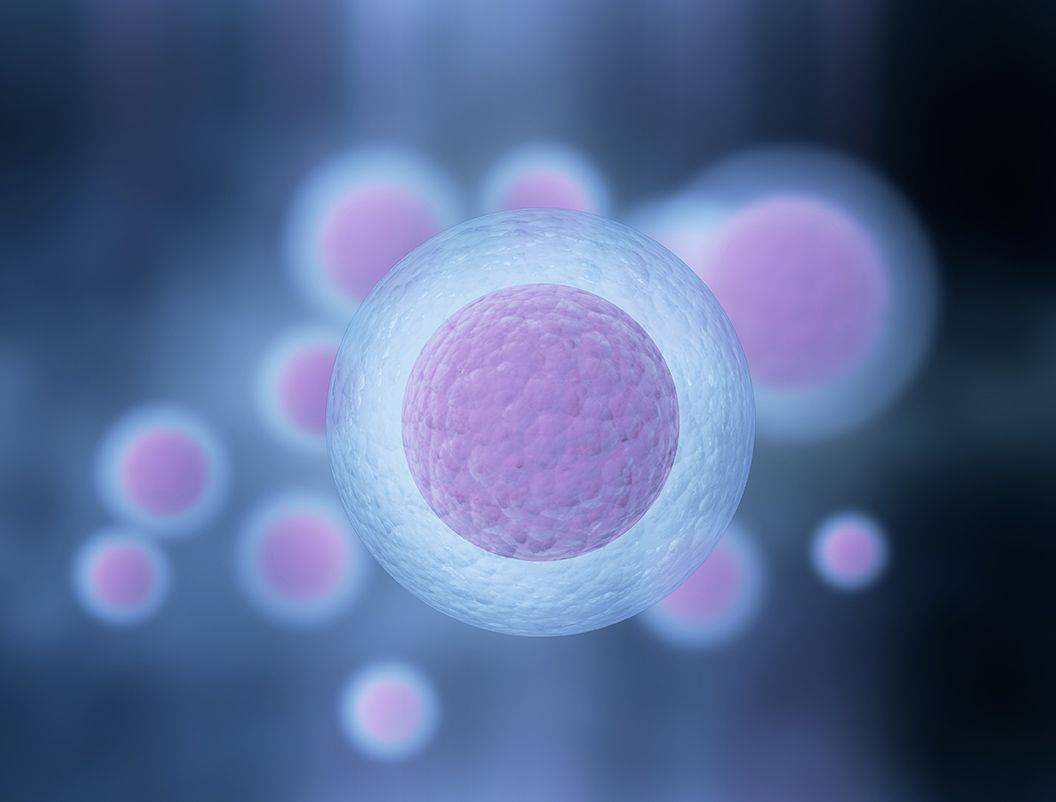Egg Preservation and IVF: What Patients Should Know
 Egg freezing refers to the cryopreservation of eggs for later use. During this process, a fertility specialist retrieves eggs from a patient. The eggs are stored at a temperature well below freezing (around -196 degrees Celsius) to prevent cell deterioration. At temperatures this low, the egg remains viable until it is thawed for later use during a fertility procedure.
Egg freezing refers to the cryopreservation of eggs for later use. During this process, a fertility specialist retrieves eggs from a patient. The eggs are stored at a temperature well below freezing (around -196 degrees Celsius) to prevent cell deterioration. At temperatures this low, the egg remains viable until it is thawed for later use during a fertility procedure.
The team at our Los Angeles, CA fertility center has helped many patients undergo in vitro fertilization (IVF) using frozen eggs. Let’s cover some of the basics for using this technology and note why it may be a good option for you.
Reasons for Egg Freezing
There are many reasons why a woman or a couple would consider egg freezing. These include:
- Saving Young Eggs for Later Use - As women age, the quality of their eggs tends to diminish. To improve chances of successful pregnancy and a healthy baby later in life, a woman may want to freeze some eggs at a young age to save for later.
- Saving Eggs Prior to a Medical Treatment - Medical conditions and medical treatments can have a negative impact on reproductive health and overall wellness. A woman may want to save some eggs through cryopreservation just in case something happens.
- Donating Eggs for Others to Use - If a woman is donating her eggs to be used by another couple at a later time, it’s important that these donated eggs be frozen to prevent any degradation in quality when the eggs are fertilized.
- Uncertainty About Getting Pregnant - Having children is a major decision, and some ambivalence at an early age is common. If a woman is not sure about having children but would like to have that option later on, it’s a good idea to freeze eggs just in case.
The Benefits of Egg Freezing
There are many key benefits to freezing your own eggs. These include:
- Ability to get pregnant later in life
- Flexibility means not putting a career on hold
- Higher-quality eggs mean reduced risk of birth defects
- Higher-quality eggs. Mean a better chance of pregnancy
- Egg quality is preserved thanks to low temperatures
- Improved technology has increased chances for success
- Can use a surrogate with frozen eggs
IVF with Frozen Eggs
When performing IVF with frozen eggs, the process is generally the same. The preserved egg must first be thawed. Once this is done, the egg is then fertilized, incubated, and transferred as it would be during a normal IVF procedure.
Success Rates of Frozen Eggs in IVF
The success rates of IVF with preserved eggs can vary. With some techniques, the thawing of the eggs does irreparable damage, resulting in just a 61 percent survival rate; other techniques have a survival rate of up to 90 to 95 percent.
Once we get past the survival rate, the overall success of IVF will depend on the age of the patient. IVF is about 41 percent effective for women under 35, 31 percent effective for women between 35 and 37, 22 percent effective for women between 38 and 40. Beyond age 40, the success rates continue to diminish just given the realities of age and fertility.
Learn More About Your Fertility Treatment Options
To learn more about egg freezing and whether or not it’s an ideal option for you and your family goals, be sure to contact The Center for Fertility and Gynecology. The team of fertility specialists at our practice will help you make the ideal decisions regarding your treatment options.







